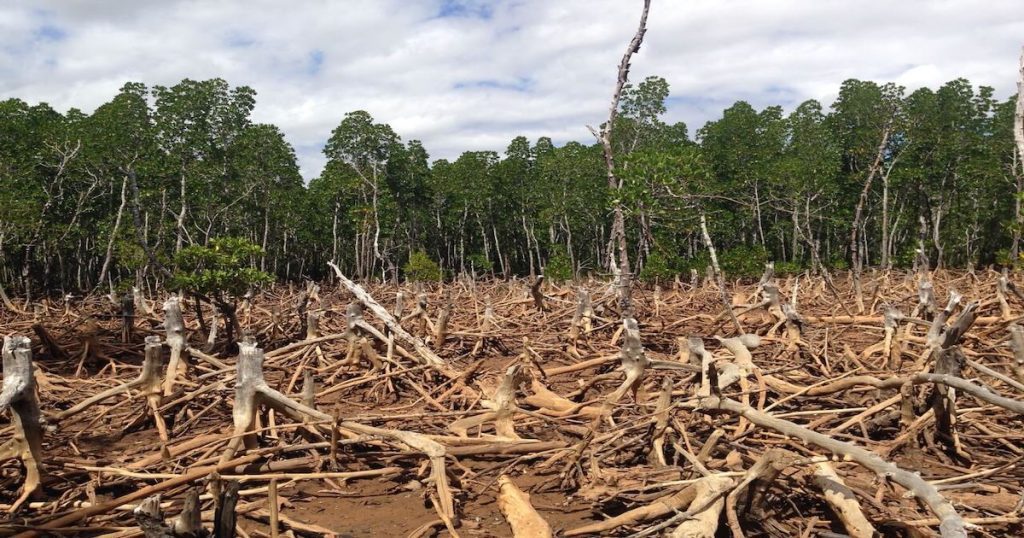1. Loss of arable land: Deforestation often involves the removal of forested areas that could potentially be used for agriculture. This leads to a reduction in available arable land, limiting the space for crop cultivation.
2. Soil erosion: Trees play crucial role in stabilising the soil. Their removal can lead to increased soil erosion, which negatively affects the quality and fertility of the land. Eroded soil can make it difficult for crops to thrive.
3. Altered microclimates: Forests influence local climate conditions, including temperature and humidity. When forests are cleared, there can be changes in microclimates that affect crop growth patterns and may lead to less favourable conditions for agriculture.
4. Disruption of water cycles: Forests help regulate local and regional water cycles. The removal of trees can disrupt these cycles, potentially causing water scarcity or flooding, both of which can harm agricultural productivity.
5. Impact on biodiversity: Deforestation often leads to the loss of biodiversity, including important pollinators and natural pest control agents. Reduced biodiversity can make agriculture more vulnerable to pests and disease outbreaks.
6. Greenhouse gas emissions: Forests act as carbon sinks, absorbing carbon dioxide from the atmosphere. When forests are cleared or burned, the stored carbon is released, contributing to greenhouse gas emissions and climate change.
7. Increased pressure on remaining forests: As deforestation reduces available land for agriculture, it can lead to increased pressure on the remaining forests and natural ecosystems by exacerbating the cycle of deforestation.
8. Long-term consequences: The impact of deforestation on agriculture is not limited to the short term. It can have long-lasting effects on soil quality, local climate, and ecosystem health, making it a critical concern for sustainable agriculture.
9. Solutions and mitigation: Discussing strategies for mitigating the impact of deforestation on agriculture is essential. This can include reforestation efforts, sustainable land-use practices, and policies aimed at conserving forests while meeting agricultural needs.
10. Case studies: By providing examples of regions or countries where deforestation has had significant consequences for agriculture, highlighting the real-world implications of this issue.
In conclusion, deforestation has profound and multifaceted impact on agriculture, affecting everything from land availability to soil quality and climate conditions. Recognising these impacts and working towards sustainable land-use practices is essential for long-term health of both forests and agriculture.



